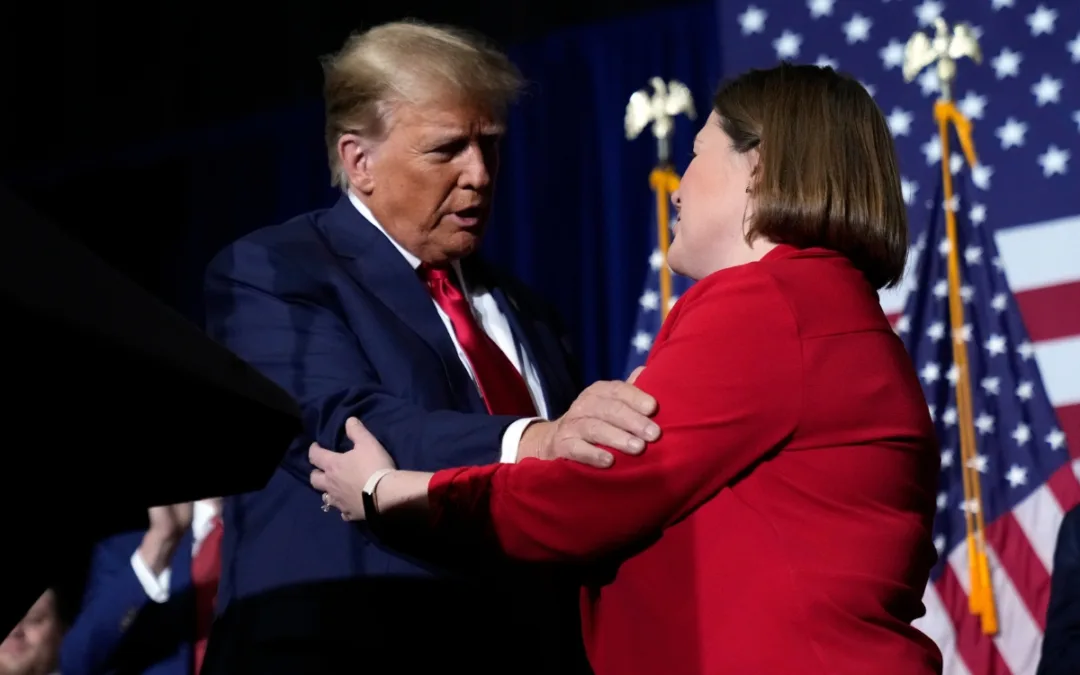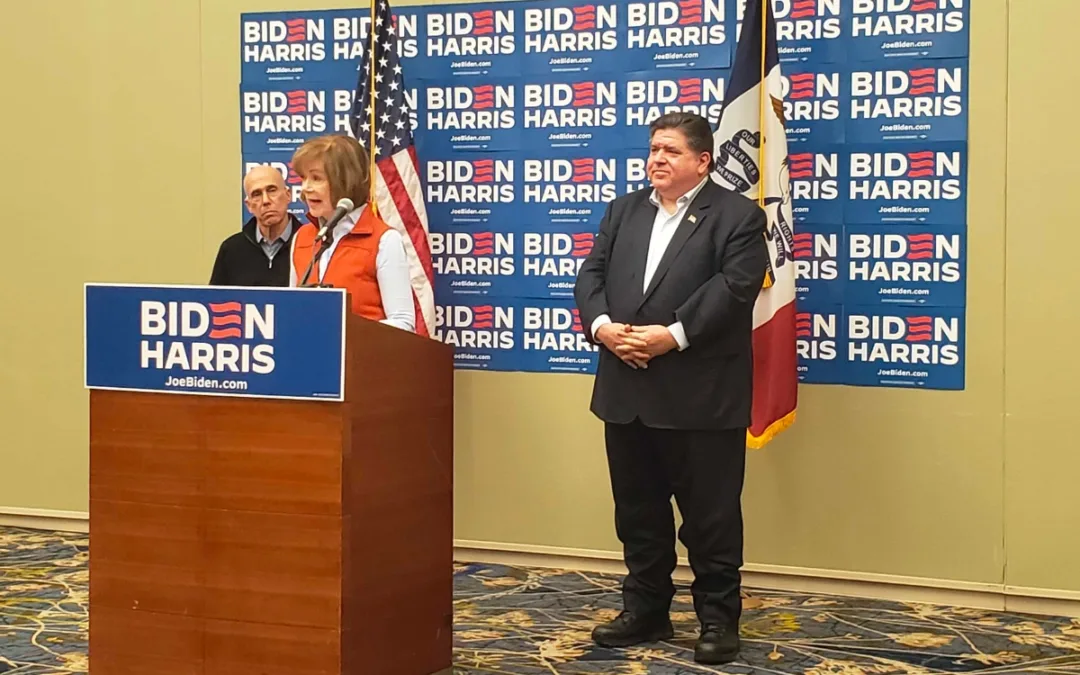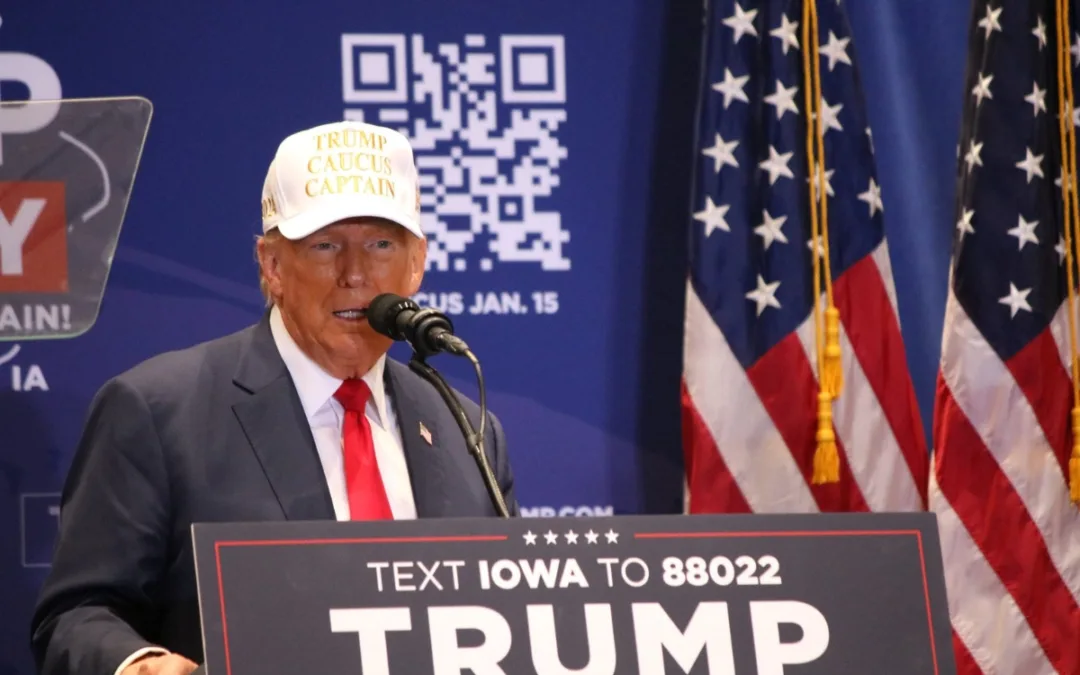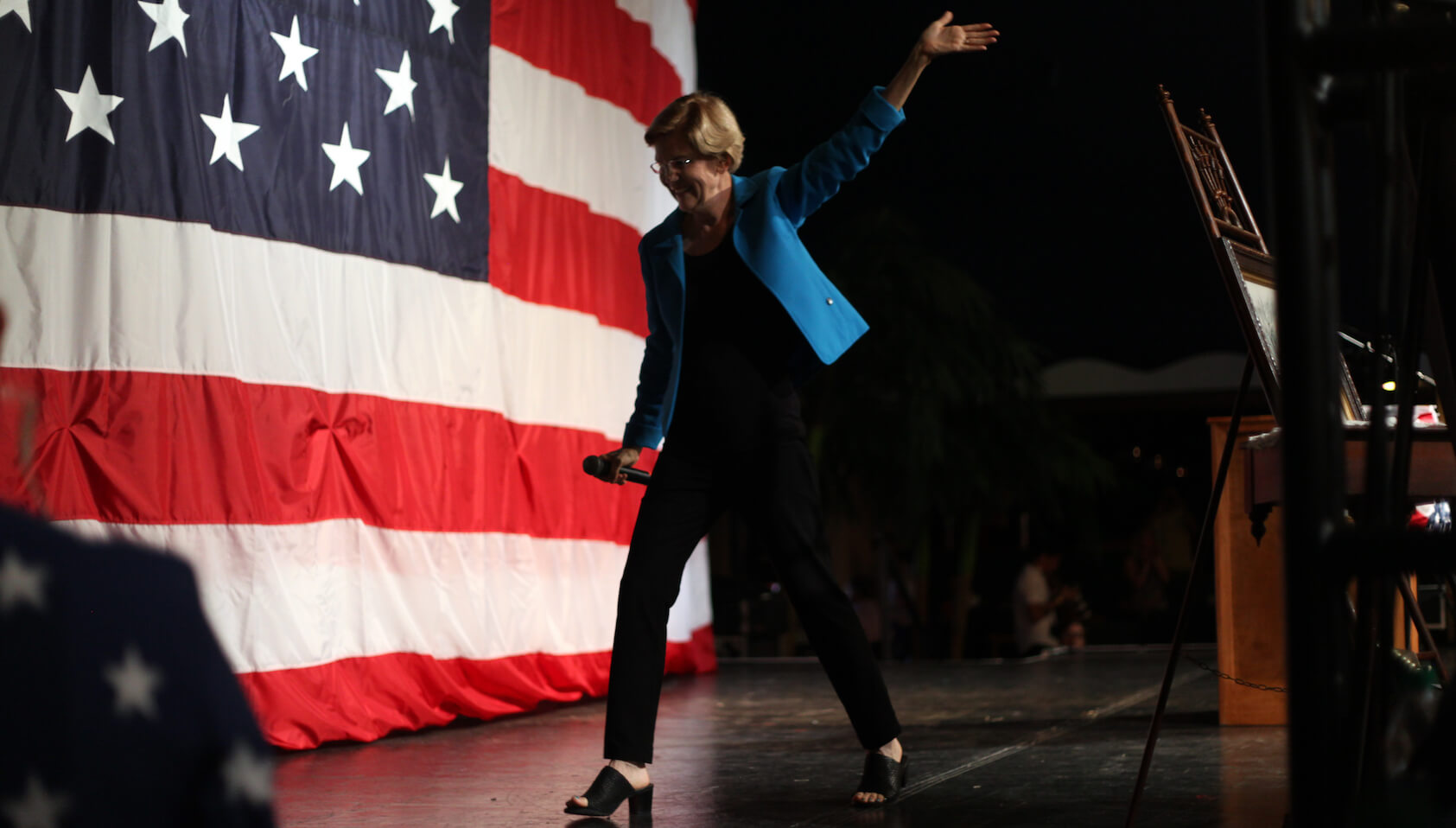
Photo by Emily Ross
Elizabeth Warren’s pledge to do no fundraising call time to big donors or hold high-dollar fundraisers was met initially with skepticism from some political insider circles this year, until it started working. Now Warren sits near the top of the field with money raised and cash on hand, largely fueled through small-dollar donors.
Last week, Warren announced her pledge not to rely on money from Political Action Committees (PACs) or federal lobbyists in the general election against Donald Trump.
“No special access or call time with wealthy donors or high-dollar fundraisers to underwrite my campaign,” she tweeted. “My campaign is and will continue to be a grassroots campaign.”
Back in 2016, a lot of the left’s criticism of Sec. Hillary Clinton eventually came back in some way to an idea that she was too closely tied with big donors and special interests. That led some left-leaning voters to even bolt to a third party or sit out the general election.
An End Citizens United poll released in September showed that voters blame politicians for the amount of money involved in politics. The poll also shows voters don’t distinguish between the parties when it comes to the source of the corruption.
Warren’s announcement to continue fundraising the way she has (successfully) been could cut down on some of the cynicism that damaged Democrats’ hopes in 2016.
[inline-ad id=”1″]
Warren’s Reputation Among Voters
“[The policy is] good. This is what we need to happen. This is the Democratic Party,” said Jason Frerichs, the founding member and first chair of the Iowa Democratic Party Progressive Caucus.
Frerichs said this pledge shows that Warren means her message about reaching out to everyday Americans and that will inspire voters.
“It’s very positive. I don’t think she’s anything like Hillary Clinton,” he said. “The ‘90s-style Democrats harmed the party a great deal and that was backed up by how many seats we lost because people see centrist policies aren’t going to help very many people.”
More than that, a lot of voters sat out the 2016 elections because they didn’t want to vote for any of the candidates. To avoid that disillusionment a second time, candidates have to signal they care about voters, and voters must believe them, Frerichs noted.
[inline-ad id=”2″]
Lindsay James, a state representative for Iowa who was elected last year and has endorsed Warren, said this policy will give Warren an edge.
“I think for young people, disenfranchised, disaffected voters who are suspicious of politics, people who are burned out and exhausted by the way things have been, this is a bold and it’s a courageous and it’s a visionary way of leading campaign finance reform and forging a new path,” she said.
James said she’s seen that Iowa voters are receptive to Warren’s message overall, and she thinks this will ignite more support.
“I think it will engage more people,” she said. “I think she will find greater financial success if you’re getting everyone involved in the political process.”
She said Warren is also putting in the work while she advocates for change, and that makes her more believable.
“I think there are so many voters who have felt that their voices are lost in the political process, and when you have a candidate who is clearly emphasizing the voice of people, over and sometimes against, the voice of large corporations people deeply resonate with that,” James said. “Because it is precisely how our democracy should be, which is elevating the voices of the people and their concerns and their issues.”
[inline-ad id=”3″]
Warren’s Potential Challenges
But the system isn’t perfect the way it is, so Warren could face some challenges by pursuing this strategy.
Number one is that Trump already has over $165 million for his 2020 run.
“I think it’s doable, I think the question at the end of the day is ‘how much is it?’” said Jim Mowrer, who has run for several offices in Iowa. “We have to be careful not to put ourselves in a position where we can’t win.”
Mowrer explained that rejecting lobbyists, PACs and big donors is a strategy that works well in primaries because voters like the idea that candidates are genuine. However, he said a message of cleaning up the system could also be compelling to general election voters.
“If Trump just continues to have this large, hard money lead and Democrats can’t do anything about that, that’s going to be pretty difficult when he’s running twice as many TV ads as the Democratic nominee,” Mowrer said.
[inline-ad id=”0″]
When using only individual donations, a candidate can only accept a maximum amount of $2,800 before the primary. The same limit applies in the general election.
Multi-candidate PACs are able to contribute $5,000. Super PACs, on the other hand, can’t contribute directly to campaigns, but can accept unlimited contributions and spend an unlimited amount in support or opposition of a federal candidate.
Warren said she would avoid courting big-money donors for the general election, but she would still show up to fundraisers held by the Democratic National Committee.
Mowrer said it’s definitely a popular position for her to take, which could make a difference in the general election.
“Frankly, most voters, if you just ask them if you want to change the political financing system, would say yes regardless of party, but everybody has a different idea of what that means,” he said.
For example, he said the definition of a big-money donor isn’t solid.
“That is an open question mark, and it can be kind of dangerous because if anybody can point out any instance that they don’t think meets that criteria, then all of a sudden it becomes hypocritical too,” Mowrer said.
If it works, he said, it would be good for Warren’s credibility, and it could lay the first brick in the fight to change campaign finance.
Pros vs Cons
Iowa state Rep. Liz Bennett, who has also endorsed Warren, said the move speaks to Warren’s integrity, and she said she isn’t concerned about the fundraising limitations.
“Elizabeth Warren is doing really well with fundraising. So is Bernie Sanders,” Bennett said. “I’m not sure that it’s necessarily a drawback though because I think that we are going to need a candidate who is trustworthy and compelling.”
She said, when it comes to values, Democrats don’t necessarily have much to gain from matching Republicans in fundraising, so the conversation should move on.
“The fact is that Trump and the Republicans are always going to have more money than Democrats because they’re always going to be working for the interests of the rich and the powerful,” Bennett said.
To Bennett, Democrats should be focused on more than that.
“I think that for a longer-term success strategy of the party, we really need to get down to providing substance and not just pictures on billboards and videos on social media,” she said. “So I think this is an act that could really reinforce Elizabeth Warren’s integrity for a lot of voters.”
by Nikoel Hytrek
Posted 10/17/19
Politics
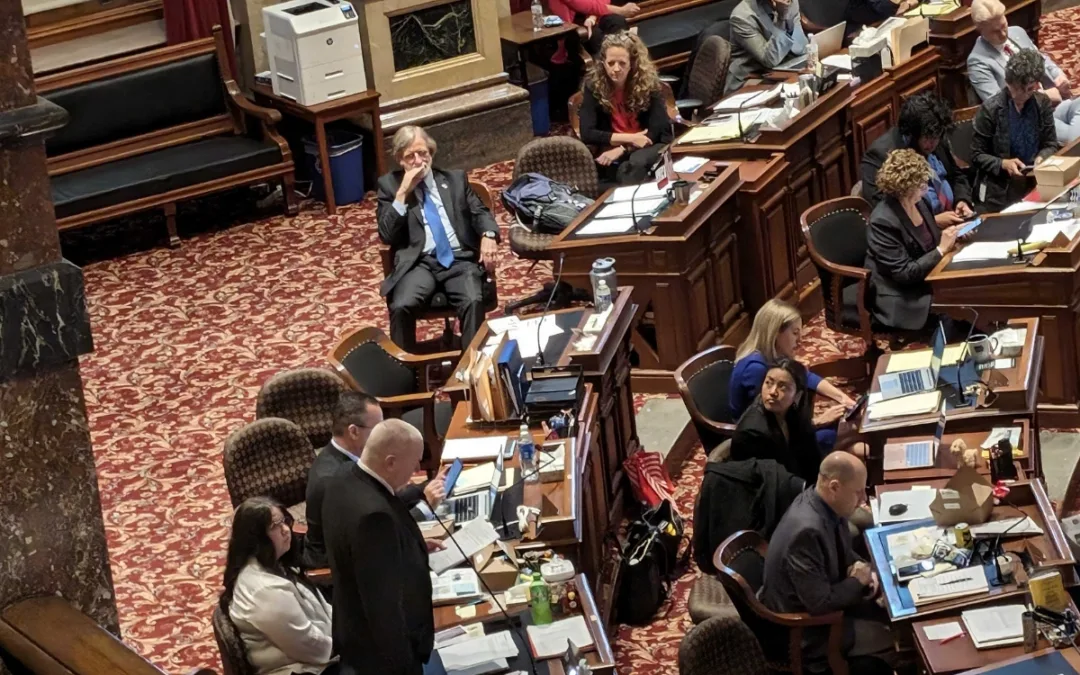
AEAs cutting workers in wake of Republican legislation
Iowa legislators said a new bill cutting money for agencies that help students with disabilities wouldn't affect services. But area education...

He said what? 10 things to know about RFK Jr.
The Kennedy family has long been considered “Democratic royalty.” But Robert F. Kennedy, Jr.—son of Robert F. Kennedy, who was assassinated while...
Local News

No more Kum & Go? New owner Maverik of Utah retiring famous brand
Will Kum & Go have come and gone by next year? One new report claims that's the plan by the store's new owners. The Iowa-based convenience store...

Here’s a recap of the biggest headlines Iowa celebs made In 2023
For these famous Iowans, 2023 was a year of controversy, career highlights, and full-circle moments. Here’s how 2023 went for the following Iowans:...



